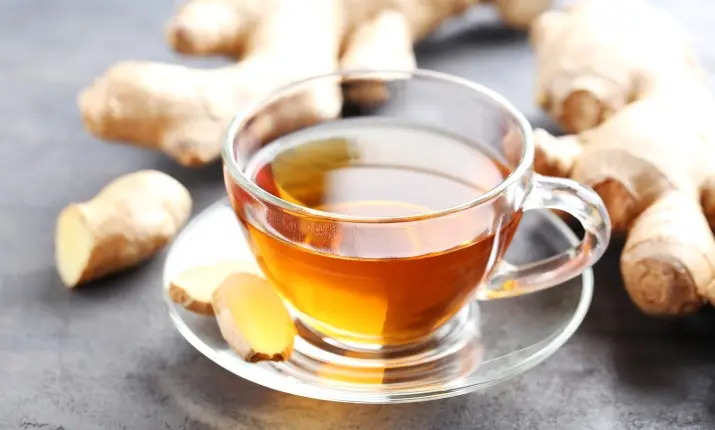Winter often brings cold weather, leading to various seasonal health issues, with coughing being one of the most common symptoms. A cough can be annoying and disruptive, whether dry or wet. Coughing in winter is often caused by viruses like the flu or common cold or environmental factors such as cold, dry air. While medications can be effective, many people use natural remedies for relief. This guide explores 12 natural remedies for a winter cough, tips for preventing it, lifestyle changes, and necessary precautions for pregnant women, children, and general health. Looking for natural remedies to treat your cough? Explore 12 effective natural remedies, from honey and lemon to steam inhalation, to soothe your throat and ease cough irritation.
1. Honey and Lemon
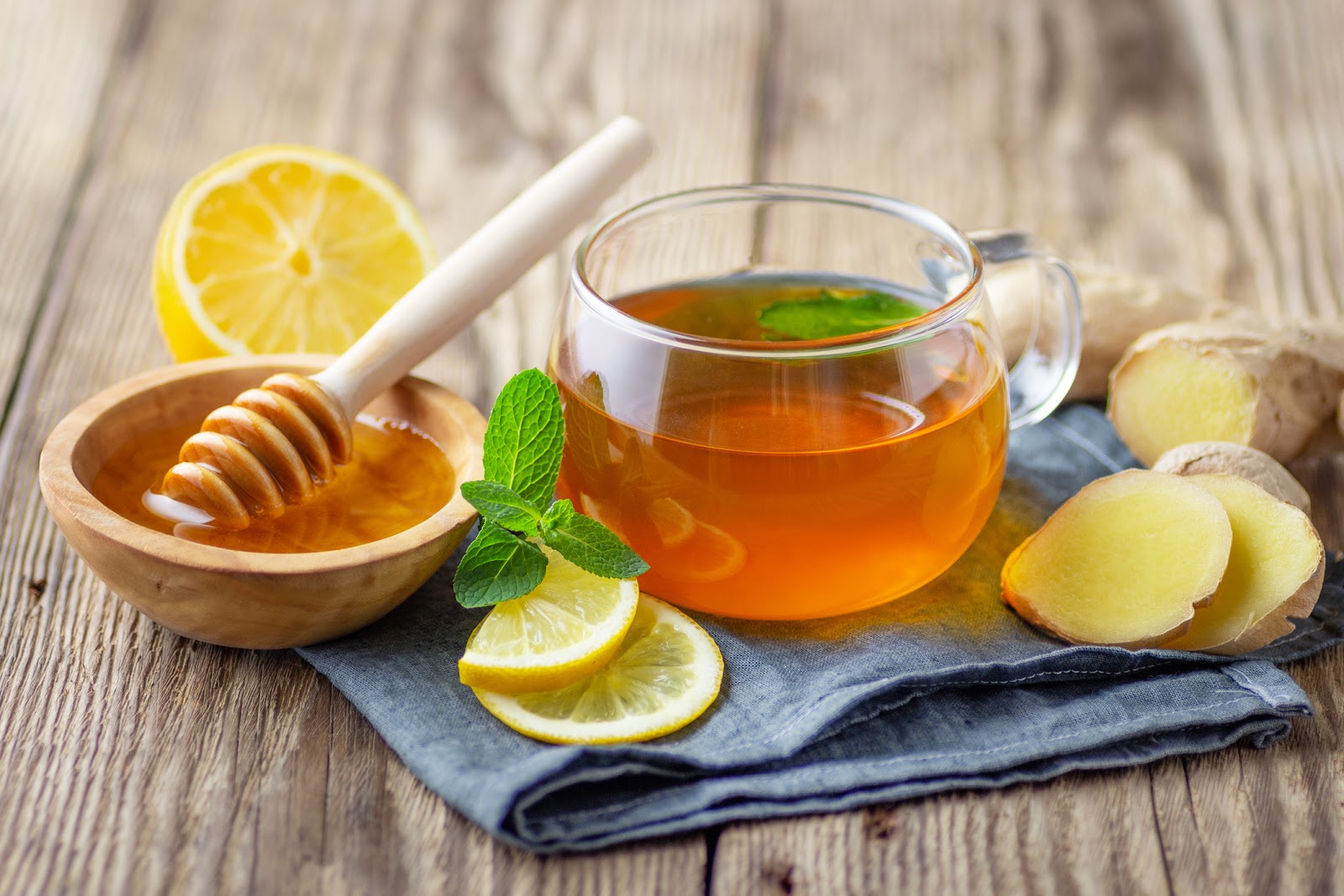
Honey has long been considered a natural cough suppressant. It soothes the throat, reduces irritation, and provides antibacterial properties. This natural remedy becomes even more effective when combined with lemon, which contains Vitamin C to boost the immune system.
How to use:
- Mix a tablespoon of honey with a teaspoon of lemon juice in warm water.
- Drink this mixture a few times a day to alleviate coughing.
2. Ginger Tea
Ginger has anti-inflammatory properties that can help reduce throat irritation and inflammation associated with coughing. It also acts as a natural expectorant, helping clear lung mucus.
How to use:
- Add fresh ginger slices to boiling water and let it steep for 5-10 minutes.
- Drink this tea twice daily for relief.
3. Steam Inhalation

Inhaling steam helps loosen mucus and clear the airways, particularly for wet or productive coughs. The warm moisture helps reduce irritation in the respiratory tract.
How to use:
- Boil water and pour it into a bowl.
- Drape a towel over your head and inhale the steam for 5-10 minutes.
- You can also add a few drops of eucalyptus oil for added benefit.
4. Saltwater Gargle

Saltwater gargles help reduce throat inflammation, kill bacteria, and loosen mucus. It’s one of the simplest remedies for relieving coughing caused by throat irritation.
How to use:
- Mix a teaspoon of salt in a glass of warm water.
- Gargle the solution for 30 seconds, 2-3 times a day.
5. Thyme Tea
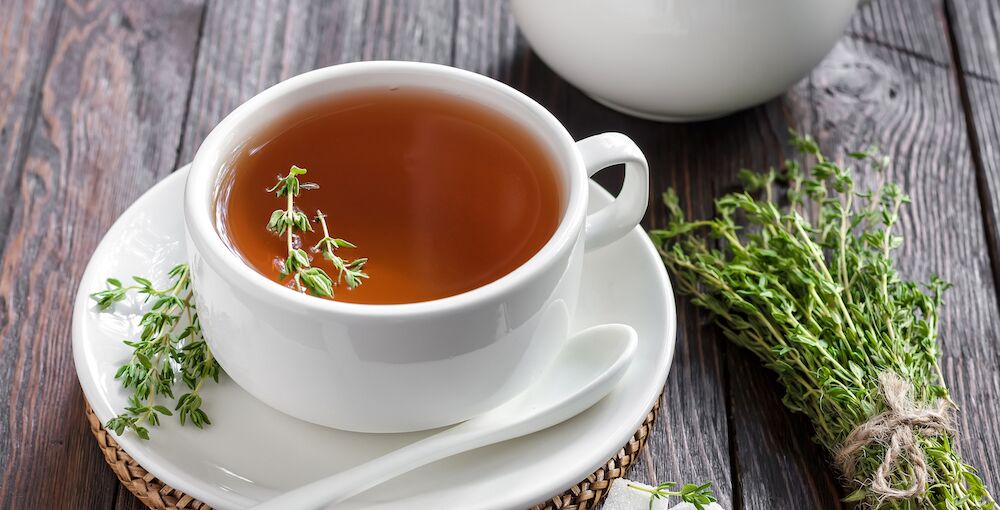
Thyme has been used for centuries to treat coughs and respiratory issues. It contains antioxidants that support immune health and help alleviate coughing.
How to use:
- Steep a teaspoon of dried thyme in hot water for 10 minutes.
- Drink this tea once or twice a day.
6. Warm Broths and Soups

Warm broths or soups can help soothe the throat, reduce irritation, and hydrate the body. Chicken soup, in particular, is known for its anti-inflammatory properties and can help reduce cold symptoms, including coughing.
How to use:
- Consume warm broths or soups made with nutritious ingredients like vegetables and herbs to help relieve coughing and support your immune system.
7. Eucalyptus Oil

Eucalyptus oil contains cineole, which helps break down mucus and opens the airways, making breathing easier. It’s especially effective for coughs caused by congestion.
How to use:
- Add a few drops of eucalyptus oil to a bowl of hot water or use a diffuser.
- Inhale the steam for 5-10 minutes or use it in a chest rub for direct application.
8. Warm Milk with Turmeric

Turmeric contains curcumin, a powerful antioxidant that has anti-inflammatory properties. Warm milk with turmeric can soothe a sore throat and reduce coughing, mainly when it’s caused by dryness or throat irritation.
How to use:
- Add a pinch of turmeric powder to a glass of warm milk and drink it before bedtime.
9. Peppermint Tea
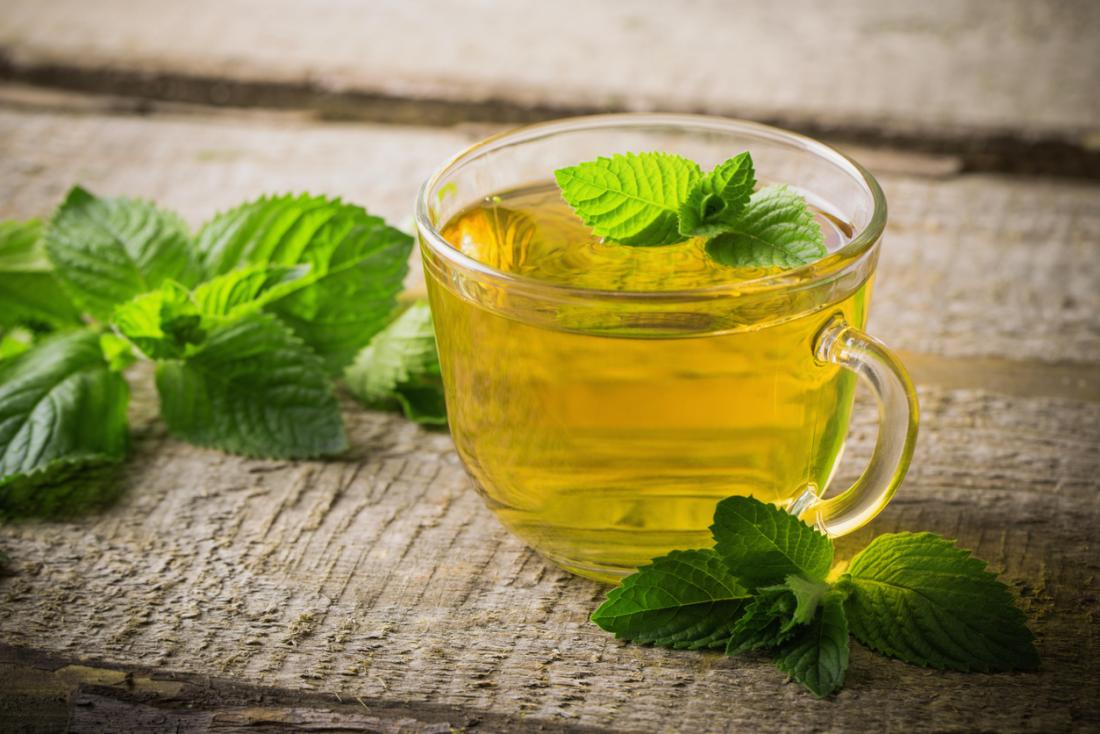
Peppermint has menthol, which helps open the airways and soothes the throat. It can also reduce coughing caused by congestion or a dry throat.
How to use:
- Brew peppermint tea and drink it up to three times a day.
- You can also inhale the steam from a cup of peppermint tea for additional benefits.
10. Marshmallow Root
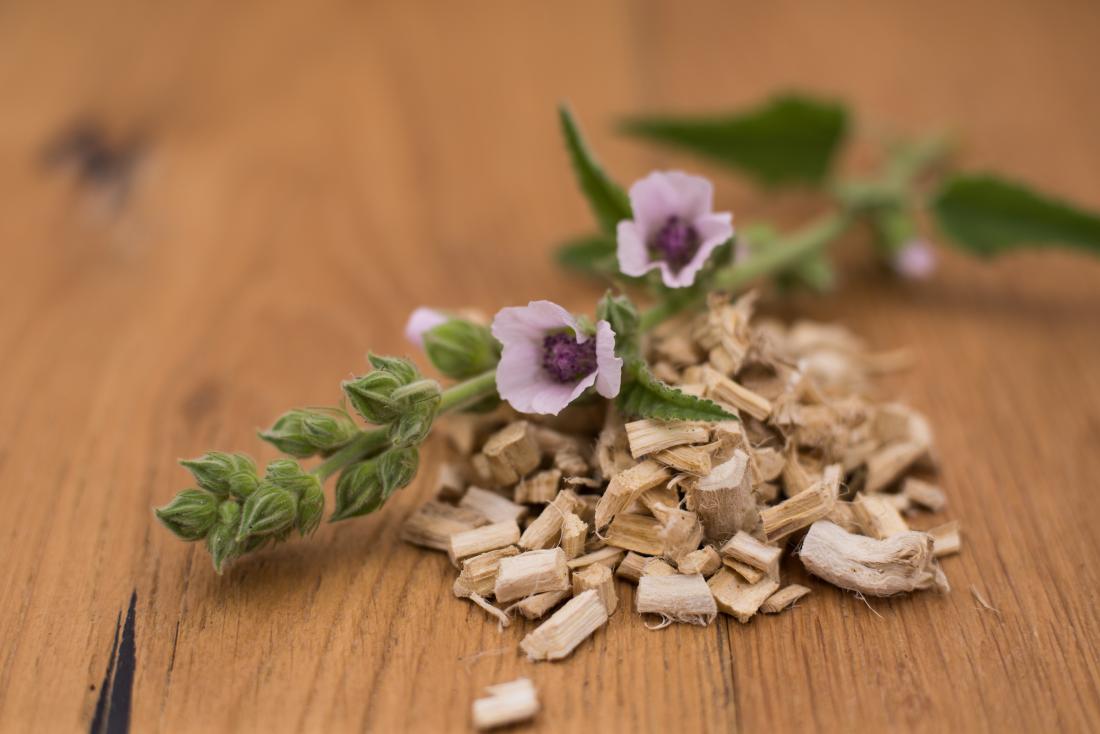
Marshmallow root is known for its soothing properties that coat the throat and help reduce coughing, mainly if it’s caused by throat dryness or irritation.
How to use:
- Steep 1-2 teaspoons of dried marshmallow root in hot water for 10 minutes and drink the tea twice daily.
11. Steam from Essential Oils

Essential oils like lavender, rosemary, and chamomile have anti-inflammatory properties that help soothe a cough. They also promote relaxation, which can help ease nighttime coughing.
How to use:
- Use a diffuser to inhale essential oils, or add a few drops to a bowl of hot water for steam inhalation.
12. Apple Cider Vinegar
:max_bytes(150000):strip_icc()/apple-cider-vinegar-185319588-5751f1a45f9b5892e8a412e5.jpg)
Apple cider vinegar has antibacterial properties and can help break up mucus. It can also help balance the body’s pH levels, reducing inflammation in the respiratory system.
How to use:
- Mix 1-2 tablespoons of apple cider vinegar in warm water with a teaspoon of honey.
- Drink this mixture once or twice a day.
How to Prevent a Winter Cough
While natural remedies can help treat a winter cough, prevention is always better. Here are some tips to help prevent coughing and other seasonal illnesses during the colder months:
- Stay Hydrated: Drink plenty of fluids, especially warm beverages like herbal teas or broths, to keep your throat moist and prevent irritation.
- Humidify the Air: Use a humidifier to moisten the air in your home. Dry air can irritate your throat and increase coughing.
- Dress Warmly: Layer up outside in cold weather to avoid exposing your respiratory system to harsh, cold air.
- Boost Your Immune System: Eat foods rich in vitamins C and D, such as citrus fruits and leafy greens, to strengthen your immune system.
- Avoid Smoke and Pollution: Second-hand smoke and air pollution can worsen coughs and respiratory conditions. Stay indoors on days with high pollution levels.
- Practice Good Hygiene: Wash your hands regularly to prevent the spread of viruses that cause colds and flu.
Precautions for Pregnant Women
Pregnant women should be cautious when using natural remedies. Certain herbs and essential oils can be harmful during pregnancy. Always consult a doctor before using any natural remedy. Avoiding remedies like ginger or peppermint in large amounts is also recommended, as they may affect blood pressure or cause discomfort.
Tips for Kids
Natural remedies like honey (for those over 1 year old), ginger tea, and warm broths can be helpful for children. However, always check with your pediatrician before trying any new remedy, especially for young children. Ensure they stay hydrated and get enough rest, which is essential for recovery.
Different Types of Coughs
Several types of coughs can occur during the winter:
- Dry Cough: This type of cough does not produce mucus and often feels like a tickle in the throat.
- Wet Cough: This cough is associated with the production of mucus or phlegm.
- Chest Cough: This type of cough originates in the chest and may be caused by bronchitis or other respiratory infections.
- Persistent Cough: A cough lasting more than 3 weeks could indicate an underlying condition like asthma or chronic bronchitis.
When to See a Doctor
You should seek medical advice if:
- The cough persists for more than three weeks.
- You experience shortness of breath, wheezing, or chest pain.
- You notice blood in the mucus.
- You have a fever that doesn’t subside after a few days.
Conclusion
Try these natural remedies, including honey, ginger, and essential oils, to quickly soothe your throat and reduce cough irritation. Coughing in winter is a common issue, but numerous natural remedies are available to alleviate symptoms and promote faster recovery. By incorporating lifestyle changes such as staying hydrated, boosting your immune system, and avoiding cold air exposure, you can reduce your risk of developing a cough. Pregnant women and children should always take extra precautions and consult with a healthcare provider before trying any new remedy. If symptoms worsen or persist, it’s important to seek medical advice.
With these remedies and prevention tips, you can navigate the winter months with ease and comfort.
FAQs
Q1: Can a winter cough be a sign of something serious?
A. Viruses usually cause a winter cough, but if it persists for over a few weeks, it could be a sign of a more serious condition, such as bronchitis or pneumonia. It’s essential to monitor the symptoms and seek medical advice if necessary.
Q2: Are natural remedies safe for kids?
A. Many natural remedies, like honey and lemon, ginger tea, and steam inhalation, are safe for kids. However, always consult with a pediatrician before trying any remedy, especially for children under 1 year old, as honey is unsafe for infants.
Q3: Can pregnant women use these remedies?
A. While most natural remedies are safe during pregnancy, it’s important to consult a healthcare provider before using remedies like essential oils, herbal teas, or turmeric, as some may not be recommended during pregnancy.


